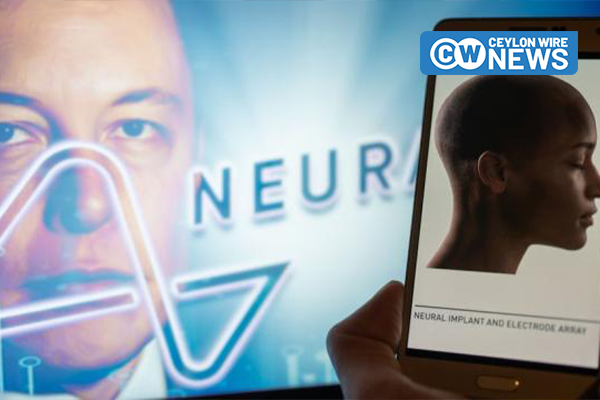Tech billionaire Elon Musk has announced a major milestone for his company, Neuralink, revealing the successful implantation of one of its wireless brain chips in a human for the first time.
According to Musk, initial results have shown promising neuron spikes or nerve impulses, and the patient is recovering well. Neuralink’s primary objective is to establish a connection between human brains and computers, with a focus on addressing complex neurological conditions.
Several competing companies have already implemented similar devices. BBC News has sought comments from both Neuralink and the US medical regulator, the Food and Drug Administration (FDA).
In May, Neuralink received FDA approval to test the chip on humans, a crucial step after earlier struggles for approval. This approval marked the commencement of a six-year study, during which a robot is being utilized to surgically place 64 flexible threads, thinner than a human hair, onto a part of the brain controlling “movement intention,” as per Neuralink.
The threads, as explained by the company, enable the experimental implant — powered by a wirelessly rechargeable battery — to record and transmit brain signals wirelessly to an app that decodes the individual’s intended movements.
Elon Musk, in a post on X (formerly Twitter), which he owns, stated that Neuralink’s first product would be called Telepathy. Telepathy aims to enable the control of phones, computers, and other devices through thought. Musk emphasized that initial users would be those who have lost the use of their limbs, envisioning a scenario where individuals like Stephen Hawking could communicate faster than a speed typist or auctioneer.
While Musk’s involvement raises Neuralink’s profile, the company faces competition from rivals with decades-long track records. For instance, Utah-based Blackrock Neurotech implanted its first brain-computer interface in 2004. Precision Neuroscience, formed by a Neuralink co-founder, also focuses on assisting people with paralysis through a relatively simpler implantation procedure.
Recent scientific studies in the US have demonstrated the efficacy of brain implants in monitoring brain activity during speech attempts, opening possibilities for improved communication for those with speech difficulties.









